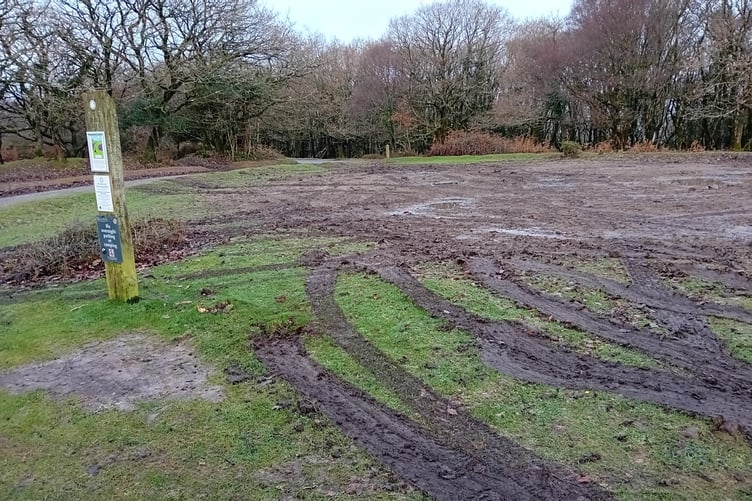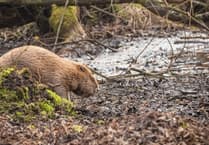JOY riders who have been causing ‘significant damage’ to the special plants and biodiversity of the Quantock Hills were warned this week they could face prison sentences.
The Quantock National Landscape Partnership said ‘senseless joy riding activity across Quantock Common’ was causing irreparable damage.
Quantock Common is designated a Site of Special Scientific Interest (SSSI) by Natural England and it is a crime under the Highway Act 1988 and the Countryside and Wildlife Act 1981 to drive off road on it.
Quantock Hills manager Iain Porter said: “People who drive off of the highway or off of car parks without permission or legal authority to do so will be committing a crime which could result in significant fines and even a custodial sentence.
“We really want to draw attention to the fact that parking on the verges is really damaging to the rare plants and wildlife of the Quantock Hills, especially at this time of year.
“There are plenty of car parking areas with hard surfaces, so please do stick to those.”
Friends of the Quantocks chairman John Andrews said: “Friends of the Quantocks is in the fortunate position to own some of the land on Quantock Common for the benefit of the wildlife and people who live and visit this special area.
“It is upsetting to see the damage caused by senseless actions of a few.”
The Quantocks partnership includes landowners, the Quantock Commoners Association, Natural England, and a number of other local organisations.
It is reminding people to only park in designated car parks and wants anybody who saw any suspicious activity to pass it on by calling 01823 451884, or emailing [email protected], or if they believed the activity was illegal they should call the police on 999 for urgent and serious issues, or 101.
As well as the heathland plants such as ling heather and cross-leaved heath populating the Quantock Hills, rare boggy areas known as acid flushes have developed at the sources of springs.
The resultant habitat supports a diverse range of locally-scarce plants, including the insectivorous round-leaved sundew, bog pimpernel, common cottongrass, cross-leaved heath, marsh pennywort, bog asphodel, star sedge, and the soft absorbent sphagnum mosses.
The diversity is highly sensitive and especially vulnerable to tyre damage and pollution, the consequences of which can be severe erosion and permanent loss of species.





Comments
This article has no comments yet. Be the first to leave a comment.